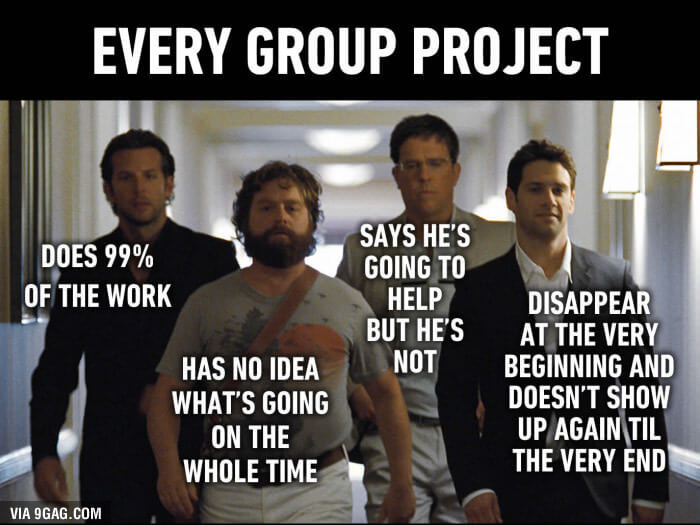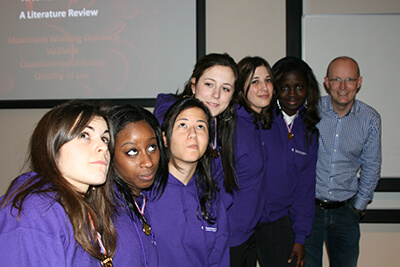We decided to give you a few tips on surviving your EBP group and how should you work as a team in this post! After all, being a good physiotherapist nowadays is not just about being an expert in your field but especially about being a good team player and treating your patients as if you are FC Barcelona (or the New York Yankees if you will…)

1. Forming a group
Usually the groups are already formed for the first courses of EBP, but for the final courses, you usually are free to choose your own groups. Even though working with your friends can sound like to best and finest option, in our experience, there’s also the risk of not being professional enough and not being able to be critical. In the end, it’s important that you act as a group, and use all the qualities that each members can bring to the table!
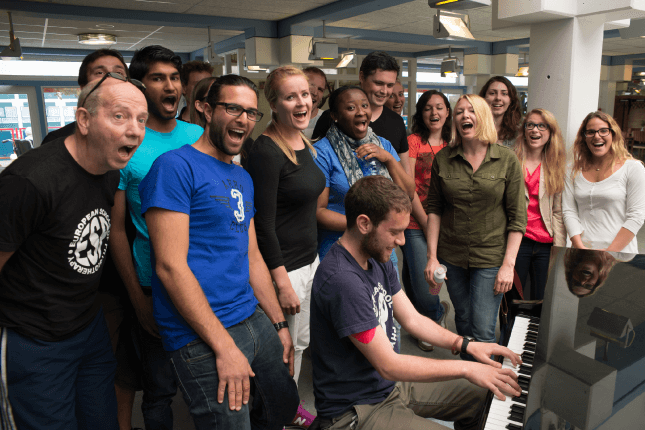
2. Have fun
You don’t have to be best friend with your group members but you need to be group buddies to make sure you get that EBP project done, if you will remember that from the beginning it will save you a lot of trouble and frustration. In hectic times, it can be tough to relax and smile to each other, so in that case, going our for a drink or dance can lighten up the project. There’s nothing wrong with ordering a pizza and watch a bad movie to clear your minds! Team building works in many different ways. Think about it!
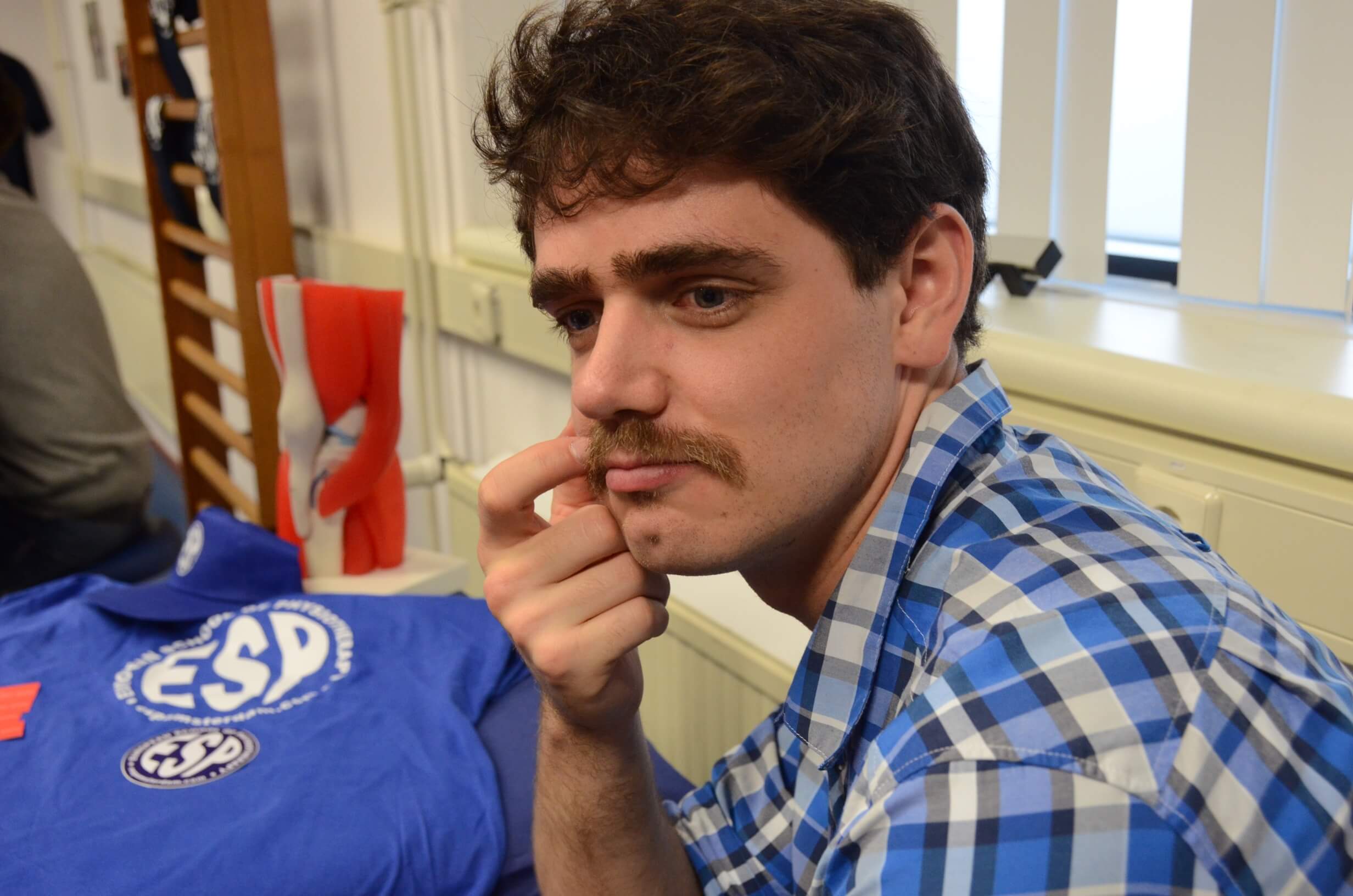
3. Democracy vs. dictatorship
Forming a group and working as a group should be a democracy in the ideal world….So it’s important to have a team leader – and not a dictator -which can inspire and bond the members, discuss the responsibilities and is on top of the planning.
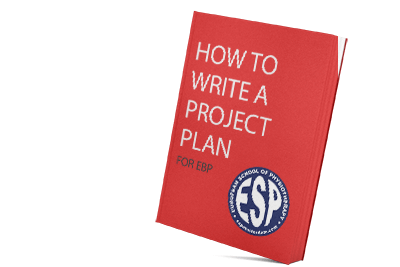
4. Don’t underestimate the value of a good project plan
Good projects start with a good plan. Simple.
A good project plan is all about the group’s expectations, task division and planning. Content wise, usually the plans are fine. Students know what they want to study, but the organization is the key to success! In the project plan you need to divide the tasks according to the goal of the group. Do you want the best result overall, so a high grade? Or do you want to biggest learning effect for each member? In case you go for the highest grade, you should use each member’s strengths and build the team in this way. The alternative is absolutely fine too (even better from an educational point of view): have every member work on their weaknesses that they wish to improve, so they will all learn the most from the project. Once the task division is clear, the planning will determine the feasibility of the project in the long term. Make clear agreements about what is expected from whom and by when. In case of a dispute, even without the coach, the project plan can resolve the issue as everyone agreed upon this at the start!
5. The “I know it all”, the lazy, and the “I don’t care”
Now we all have been there… When it comes to your group members, you can easily see that not everyone is the same, and this is something you all have to respect! There will be always someone who thinks that he/she knows it all and will try to force it into the group or do too much and you will have the one that doesn’t really care and just want this horrible group meeting to pass and be over. And, of course, not to forget that we have the lazy one, that will usually try to connect with a good hard working group to make things easier. Now that you all know this the next headline will make things much easier for you.

6. Find the quality and colors of your group members
If you made it so far at the European School of Physiotherapy then you surely are not an idiot, nor lazy or someone who doesn’t care about things. With this knowledge, you can harness the quality of your group members. We are not the same so if one of your group members is creative but find it hard to put it on paper, that is ok! We all have our strength and weakness but everyone has a quality and if you work out the first meeting and get to know each other it will make things so much easier. There’s a lot of literature on group work, group dynamics, group roles, etc, which could be relevant to read before starting a big project.
7. High tech your group
Use all high tech tools you have access to speed of up the process, the communicate better and share files! To communicate better, that is why god gave us Facebook Messenger, Google Drive and WhatsApp! Create a good EBP group folder on your drive. If you share your story as Google Doc you can always add comments and feedback on any part of your paper, without having to worry about different versions (and corresponding conflicts) sent by email. You can now even assign a task via a comment to a specific group member to fix it. Just think about how productive it could be and also save time compared to calling or meeting someone at home or school.
3 amazing google docs tools for your EBP Project

8. Hamburger your feedback
Providing good feedback to group members is an ongoing process and should be done with care. With all different cultural backgrounds, live experience and characters, it’s essential to be very careful with your feedback. A big risk of modern communication tools is that the feedback is not well/accurately received. Emotions or negative feedback can be shared in person much better because you see each other’s face. You could even give each other a hug when needed. So especially with written feedback: be constructive! We are not completely sure about the best approach, but some researchers have suggested that you should “hamburger” your feedback, one layer of positive feedback (top of bun), then a layer of constructive feedback and suggestions for improvement (burger) and then the last layer of encouragement (bottom of bun)…
Food for Thought
As a student, the EBP courses are often seen as very stressful, too theoretical and too much about group work. On the contrary, when we speak to many of our alumni, the response is somewhat opposite:
They found it very helpful to upgrade their academic level, which shows in the follow-up MSc degree they often pursue. They experience a real advantage over other students from other schools in regards to their academic level as well as the ability to work well with others in a group….
